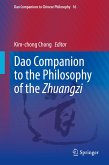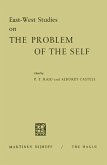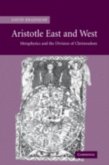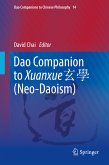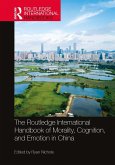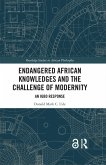This volume offers arguments from eastern and western philosophical traditions to enrich and diversify our present conceptions of knowledge. The contributors extend contemporary Western epistemology in novel directions, through investigating and questioning entrenched conceptions of knowledge. The cross-tradition engagement with the neurosciences, psychology, and anthropological studies is an important feature of the volume's methodological approach that helps broaden our epistemological horizons. It presents a collection of perspectives on epistemic agency by engaging philosophical traditions east and west, including Japanese, Buddhist, Confucian, Daoist, and Anglo-analytic.
Dieser Download kann aus rechtlichen Gründen nur mit Rechnungsadresse in A, B, BG, CY, CZ, D, DK, EW, E, FIN, F, GR, HR, H, IRL, I, LT, L, LR, M, NL, PL, P, R, S, SLO, SK ausgeliefert werden.



